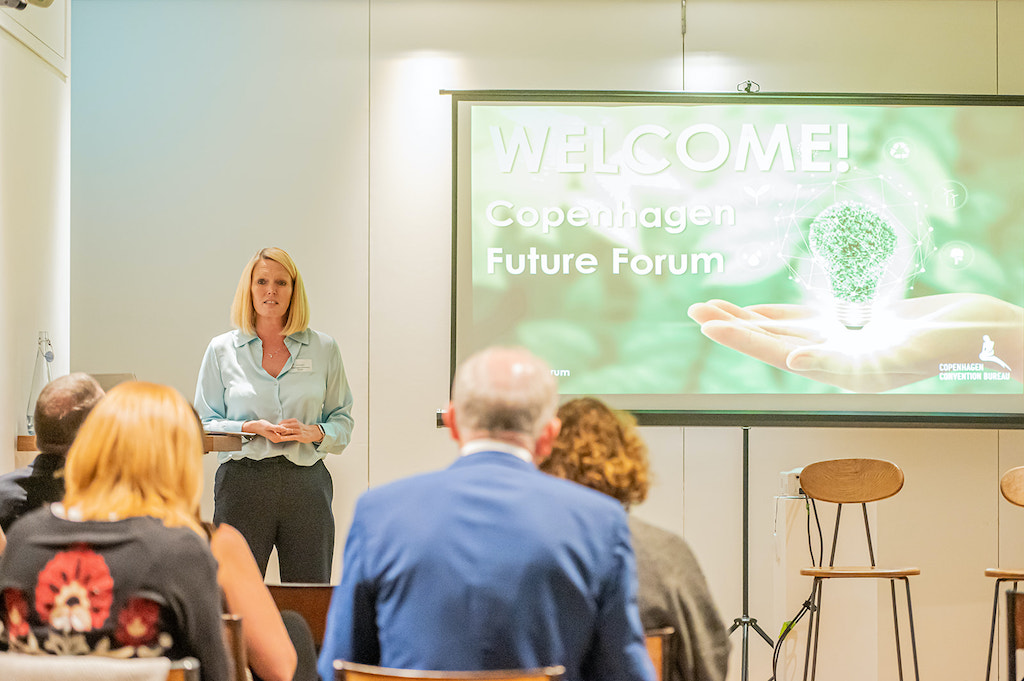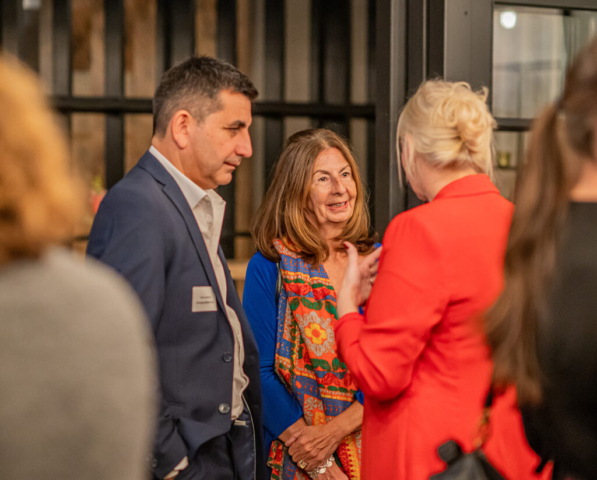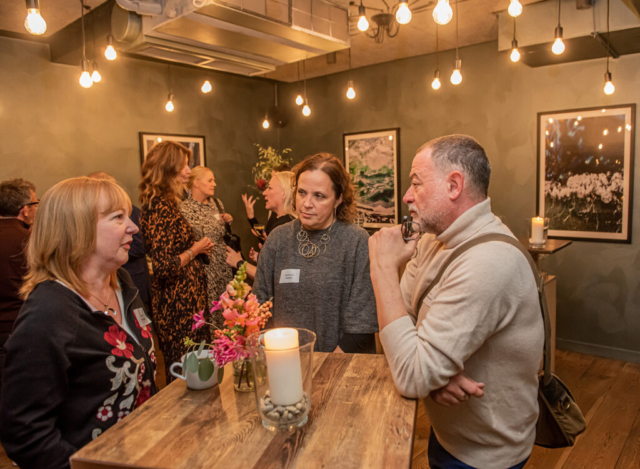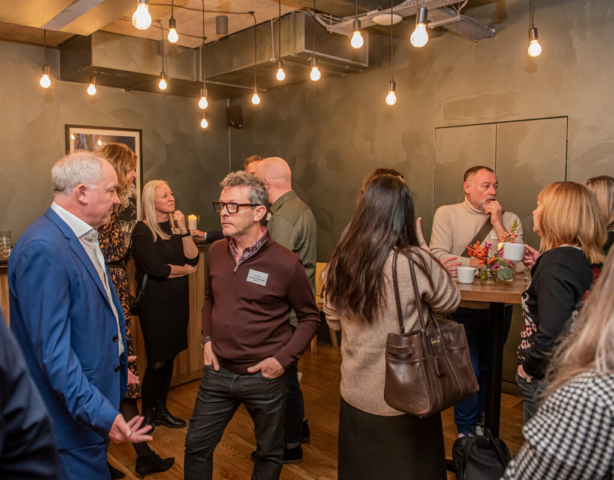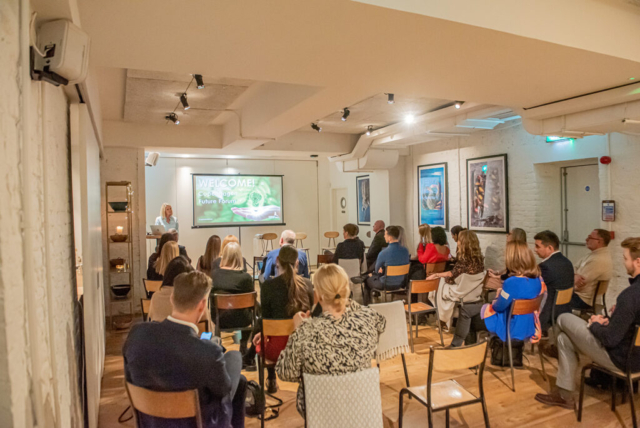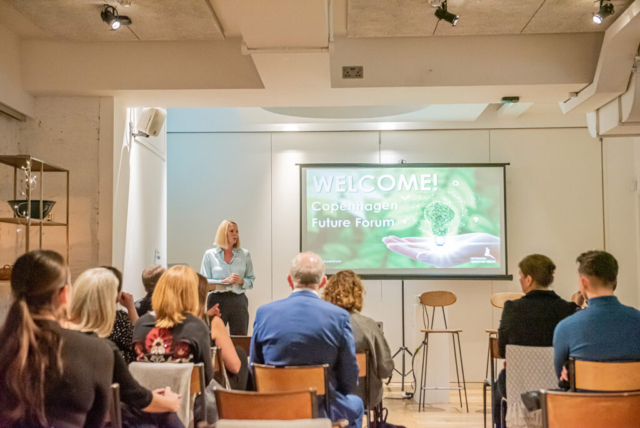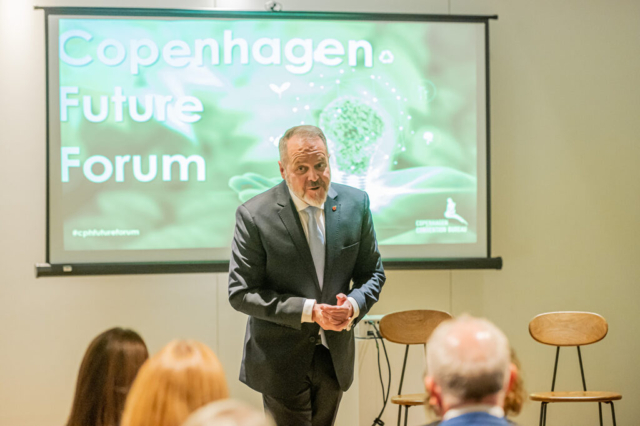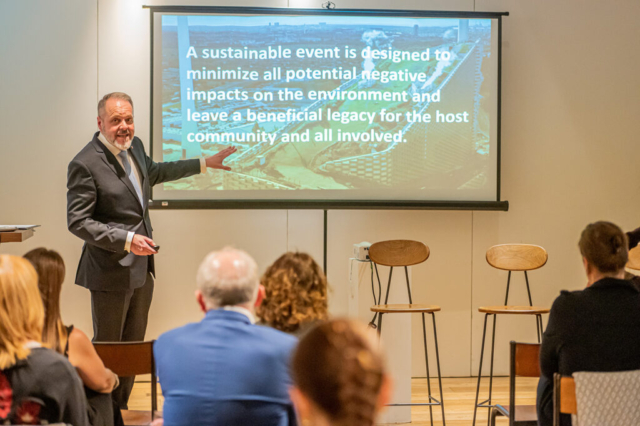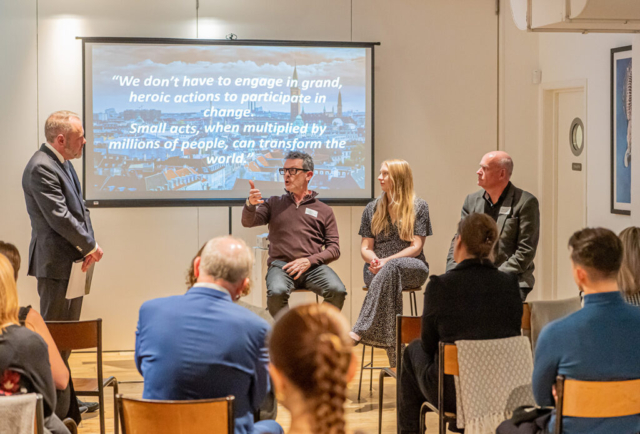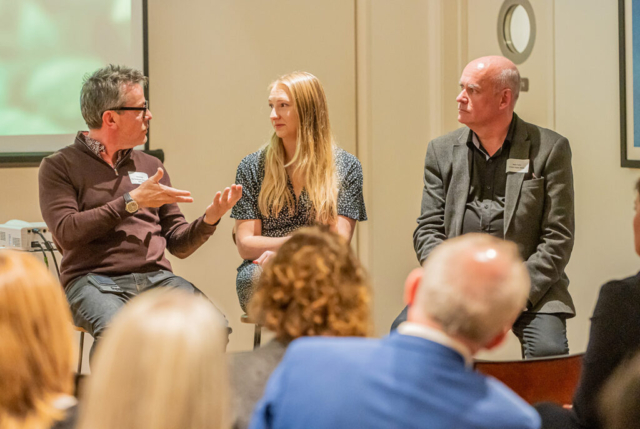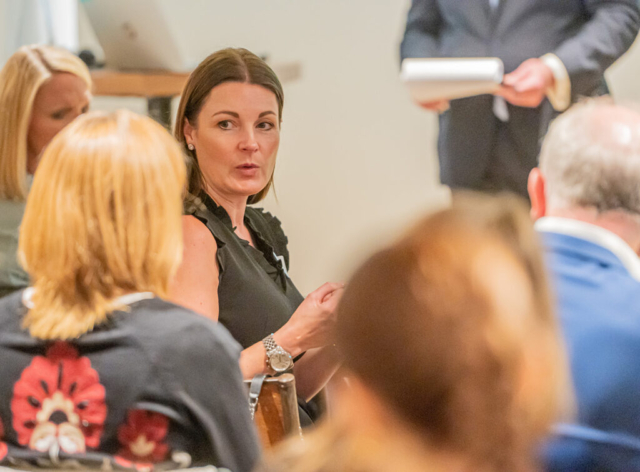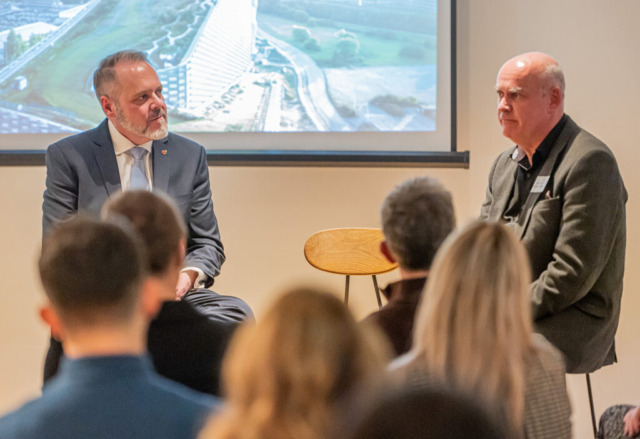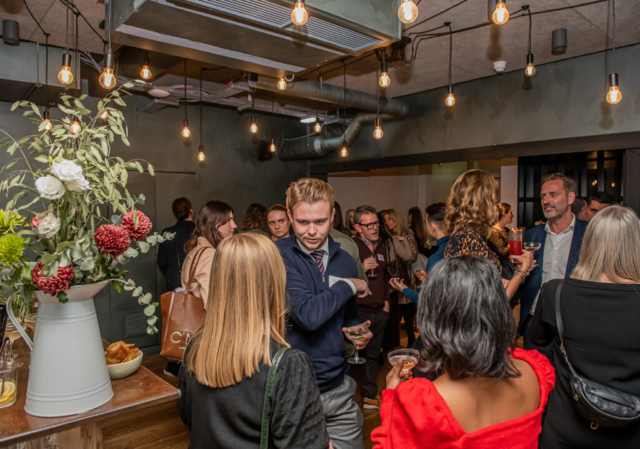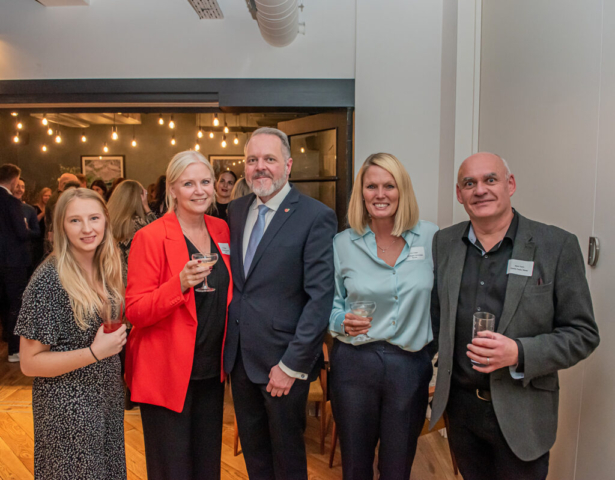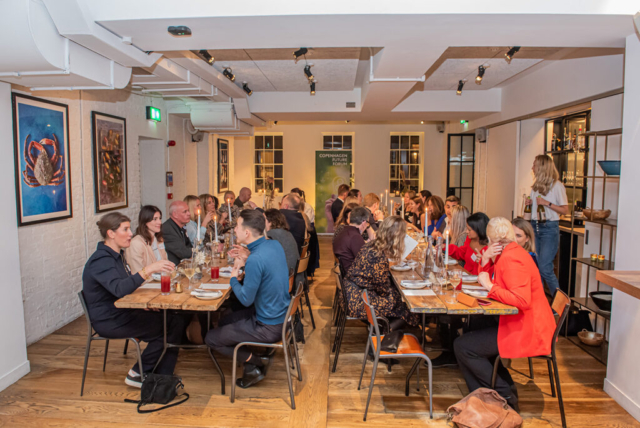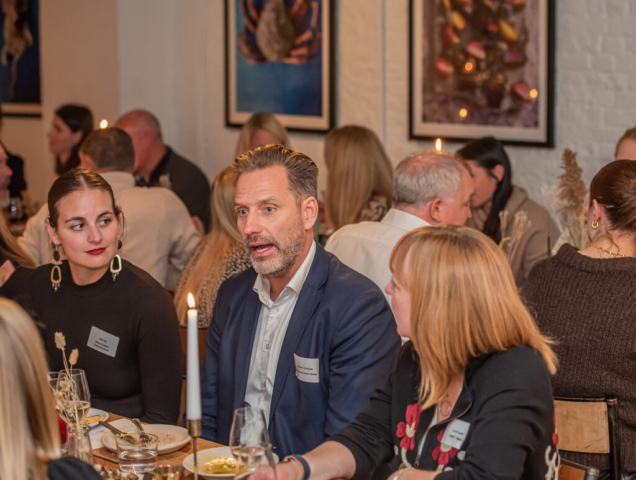As the third most sustainable city in the world, and the world’s most sustainable capital city, according to the latest Global Destination Sustainability Index, Copenhagen is a frontrunner when it comes to creating and adopting sustainable solutions.
The Danish capital has an ambitious policy to become the first carbon neutral capital by 2030 and is committed to driving the sustainable tourism agenda forward by engaging with key industry stakeholders and sharing best practice.
To help keep sustainability front of mind in the business events sector, Copenhagen Convention Bureau recently launched the second edition of its Copenhagen Sustainability Guide for event organisers which features a carbon emissions calculator, and last week hosted a Future Forum in London on the topic, bringing together key partners from the destination with UK buyers.
Kicking off the forum, Lene Corgan, head of business development- Business Events at Copenhagen Convention Bureau, said: “The goal is to create the world’s most sustainable tourism destination overall for the benefit of Copenhagen and as an inspiration to the rest of the world. We want to be a destination that stands together with a clear ambition to take responsibility for our planet.”
The forum included a panel session featuring CI Group CEO David Watt, Mark Taylor, director of Events Taylor Made, and Cheerful Twentyfirst project manager Becca Connolly, and was moderated by Matthew Wall.
Copenhagen partners who took part in the event included Arp-Hansen Hotel Group, Bellagroup, Copenhagen Lounge, NH Collection Copenhagen, Nordic Choice Hotels, Scandic Hotels and Tivoli / Nimb Hotel, with DRPG, Eventful, Purple Dog Solutions and FIRST among the agencies attending.
Wall said that the challenges we face on a global level are unprecedented but added that events could play a key role in encouraging the global systemic change that is required. “Our industry is one of the few that brings people together and influences change. We bring people together in order that they can start a dialogue, form relationships, and from that comes action. We change behaviours and we make things happen.”
The panel shared some of the actions they are taking to make sustainability a key part of the way they do business, and discussed the importance of collaboration across the events industry. Copenhagen Convention Bureau will be creating a paper based on the panel discussion, but here’s a few of our key takeaways…
Being sustainable makes good business sense
“We have a data analytics company in our group and looked some years into the future to understand what consumer behaviour is going to be like. Over 86% of people won’t buy something from a brand that is not sustainable,” said Watt, explaining that there are commercial benefits to doing business more sustainably, because consumers will not want to do business with you otherwise. Being sustainable will therefore help ensure the sustainability and longevity of your own business.
Using tools and technology can significantly reduce your impact
“We are measuring each project and working out what the carbon impact will be and how we can mitigate that in the pre-planning stage so there is less to offset at the end. It means we can influence our clients and say we recommend this supplier because they are sustainable, and we recommend using these materials because they have a lower carbon impact,” said Connolly. Watt added that using isla’s TRACE tool for a recent client event encouraged them to think differently and make better decisions, resulting in the event being five times more sustainable.
Being sustainable doesn’t have to cost the earth
Contrary to popular belief, sustainable events don’t have to be significantly more expensive. Watts said that you do have to give it more thought, more time management and perhaps invest a little more too. “It’s not twice as much, but maybe another 5-10%. But what is that cost in comparison to the impact on the planet?” He added that the agency downloads clients’ sustainability policies to help persuade corporate event managers by reminding them of their own policy if they try to push back on sustainability due to cost.
Venues and destinations need to provide clients with the right data
“Clients want to see certification from suppliers and need meaningful data now because it will have to be aligned to what the clients themselves are doing. They will want current data and not data from four years ago. It has got to be something that has longevity, and preferably something with targets too,” said Taylor. The panel also discussed how destinations like Copenhagen who are further along the sustainable journey, can share knowledge with other developing destinations who are perhaps not as far along the journey, to avoid them having to start from scratch.
What one thing can you do now to make a difference?
Watt said: “It sounds simple but go back and recycle, reduce and reuse. Get that into the language within your business and see what a difference that can make.” Connolly added: “Hold people accountable and challenge things. Have a discussion with your clients and challenge them to be more sustainable and see what comes from that conversation.” Taylor’s advice is to make sure you understand your own sustainable policy: “Do you know what your sustainability policy is and do you live by it? Has it been shared? Does it need updating, and does it need challenging? It needs to evolve, and you can be part of that.”
Photo Gallery (Credit: Ben Wetherall)

